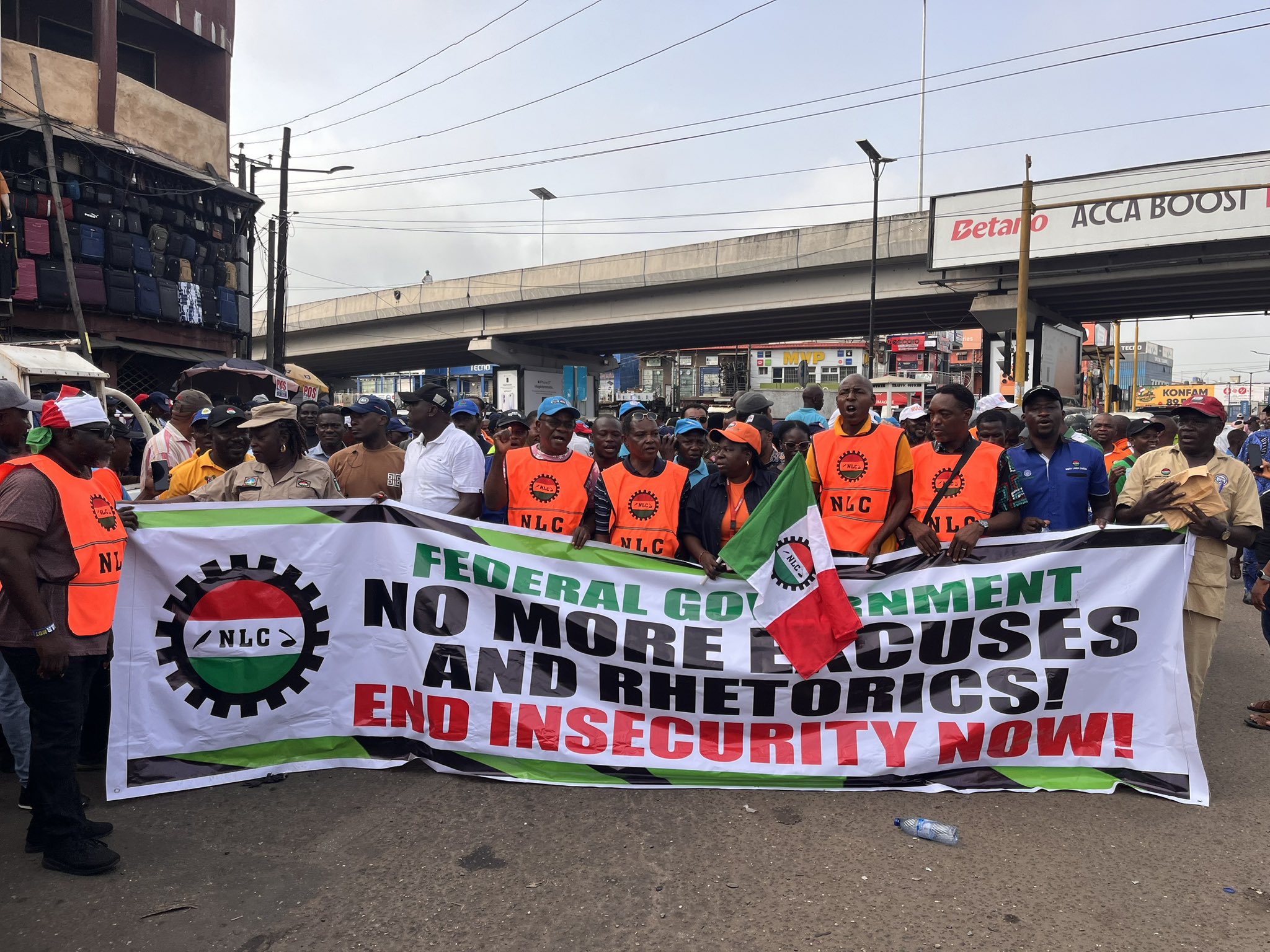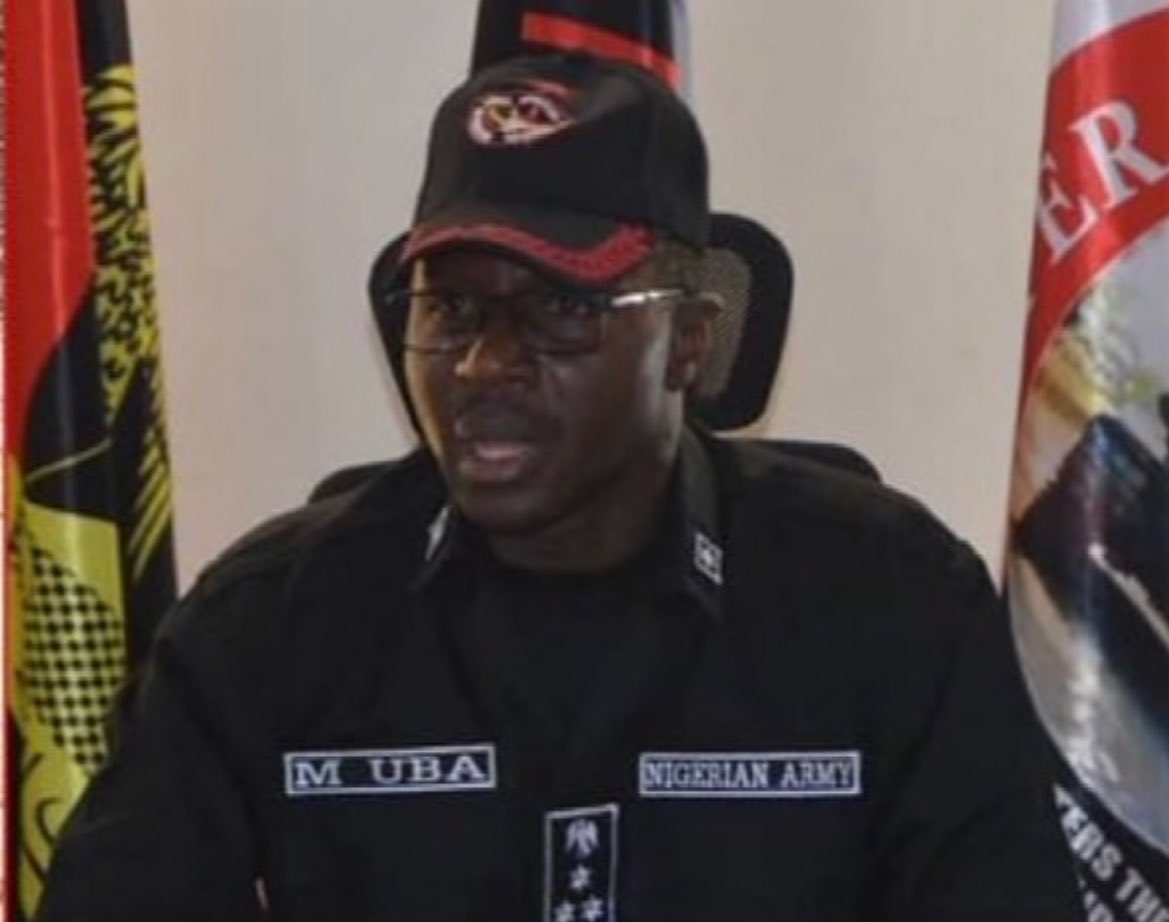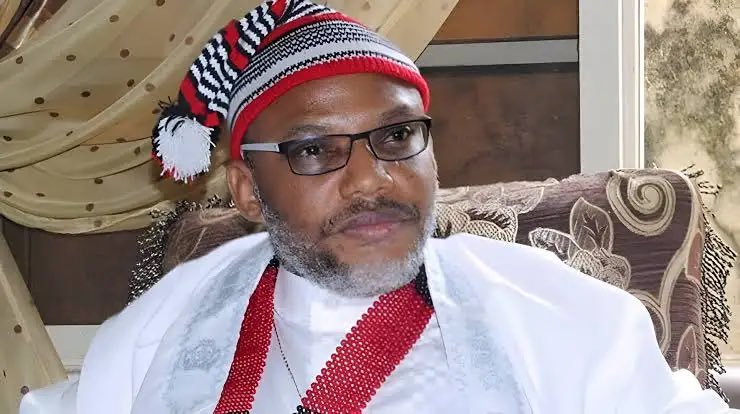Failed political coup results in Tinubu winning APC primary
Published on 2022 June 13, Monday Back to articles
Cartoon of Bola Ahmed Tinubu – the APC’s flagbearer in 2023
Before the ruling All Progressives Congress’s (APC) national convention on 7-8 June there was an attempt to impose the Senate president, Ahmed Lawan, as the party’s consensus candidate. The move appeared to have had the tacit support of President Muhammadu Buhari, or at least some of his inner circle, who saw the main opposition Peoples Democratic Party’ (PDP) selection of Atiku Abubakar as its presidential candidate as an opportunity to get someone more controllable as the APC candidate.
The plot failed because of strong opposition from 11 APC northern governors — who insisted that, after Buhari’s eight years in power, Nigeria’s next president must come from the South — to the idea of Lawan, who is from the northeast, being imposed on the party. They quickly put pressure on the party’s national executive and President Buhari to reverse the decision.
It is unclear how significantly Buhari was personally involved in the plan but party chairman, Abdullahi Adamu, claimed that he was acting on the president’s orders to name Lawan as the party’s candidate for the 2023 elections. Buhari then backtracked on the plan when it became clear that he did not have the support of the party’s northern governors or the National Working Committee (NWXC).
Once the plan to impose Lawan failed, the path was clear for whichever APC candidate had the strongest political network and deepest pockets to win the party’s nomination. With a level playing field it had always been assumed that Lagos State 1999-2007 governor and Southwest’s political strongman, Bola Ahmed Tinubu, who has both, would win and he did.
Tinubu emergence signals the end of the battle for supremacy between his faction and that of the Buhari’s closes allies for control of the APC’s party structures. This is a decisive defeat for Buhari’s inner circle and paves the way for Tinubu to reshape the APC in his own image. It is also the beginning of the end of the Buhari era in the country’s politics and he will become an increasingly lame duck president in the coming eleven months before he leaves office.
Perhaps the most difficult challenge Tinubu will face during the long seven-month campaign period will be explaining what appears to be an obvious health issue. Tinubu’s hands were obviously shaking when he read his opening speech at the convention and was one of two videos that trended on social media immediately afterwards. The other showed him struggling to raise the APC flag after being named as the party’s presidential candidate.
Tinubu’s health is clearly deteriorating and it is difficult to imagine him concealing the reason during the next seven months of the election campaign. Although it does not officially begin until 28 September, candidates are likely to begin unofficial campaigning this month.
Meanwhile, the main opposition Peoples Democratic Party’ (PDP) was due to meet on 14 June to make a final decision on a possible vice presidential candidate for Atiku Abubakar but this has been delayed because of disagreements. He is reportedly under pressure to pick Rivers State’s wealthy Governor Nyesom Wike but there is also opposition to him because he is too confrontational and divisive.
This excerpt is taken from our Nigeria Politics & Security weekly intelligence report. Click here to receive a free sample copy. Contact info@menas.co.uk for subscription details.


